“God certainly can send manna from heaven,” a friend of mine once remarked. “But sometimes He asks us to build an ark.” I hope you are all building your arks.
In 1930, renown (and debauched) economist John Maynard Keynes predicted that his grandchildren would be working 15 hours a week due to advances in technology. Keynes was right about one thing: work weeks are reducing. But they are reducing too much; we are being replaced by algorithms. And too many are now working zero hours per week.
They’re calling it the Jobs Apocalypse, and it’s only just beginning. In Durable Trades I wrote this:
A recent study from McKinsey Global Institute predicts that up to 800 million people will be displaced by the coming robotic revolution in the next 10 years. This includes 375 million full-time workers and 38.6 million Americans—one-third of the employed workforce—that will need to find new jobs by 2030.
And it’s not just the low-wage manufacturing jobs that are at risk. Many knowledge-worker jobs are highly susceptible to the coming disruption. In many cases, the more highly specialized the profession—and therefore more highly paid—the more likely it is to become a target for automation. Doctors, lawyers, and IT professionals are just a few of the hundreds of professions that will be impacted. One researcher notes: “When high paid white collar jobs dealing with information processing can be replaced by software, the situation becomes more acute.”
I wrote that back in 2018. We’re halfway to 2030 now. People are concerned about losing their jobs to AI. The question isn’t whether you will lose your job, it’s whether you will lose your industry.
In the last few weeks, we’ve heard from multiple families whose fathers have been laid off suddenly and lost their main source of income. The “great deeps” of the robotic revolution have burst forth and we are standing knee-deep in the deluge.
Government will not come to the rescue this time. If anything, they will exacerbate the problem by doubling down on the AI “arms race” (because it is, fundamentally, an arms race). Furthermore, our economy is particularly vulnerable to disruption. For decades, politicians have been unwilling to reckon with voters and institute painful reforms that might pull us back from the brink. In a democracy, honesty is bad for business. Spending other people’s money (in this case, our children’s and grandchildren’s) is more conducive to winning elections than living on a budget.
So we have adopted an “easy money” policy for the last 40 years: save nothing, spend extravagantly, and live like there’s no tomorrow. Pay no mind to those staggering deficits because, as the childless Keynes put it: “In the long run, we’re all dead.” Well, John Maynard Keynes is dead. And we’re all in the long run. Welcome to the modern economy.
What do decades of government stimulus and zero-percent interest rates add up to? Stagflation. A stagnant economy that is also inflationary. Meaning, the policies that would reduce inflation— such as increasing interest rates—will crater the economy and put millions out of work. But the levers that would stimulate the economy—such as more bailouts—will send inflation to the moon. And this is all coinciding with the arrival of disruptive technologies on a scale not seen since the first industrial revolution.
All of this may raise alarm, and it’s alarming to me, which is why I’ve been talking about it full-time for the last five years. But panic solves nothing. A prudent man sees danger coming and takes refuge. That means there is purpose in leveraging a crisis to make changes for the better. God does this all the time in Scripture; dislodging ingrained habits and generational sin through plagues, famines, invading armies, and apparently, central bankers.
We are facing such a disruption now. Things are going to get worse, and then they are going to get much worse. (This is why I would make a terrible politician.) Those who survive this calamity intact will be the ones who are confronting the issue head-on, dedicating themselves to the indefatigable task of building their arks and saving their households.
I offer below a few suggestions. If you do nothing else, please do something. Nothing is more painful than to watch people you care about get swept away with the tide because they stood still.
1. Grow Food
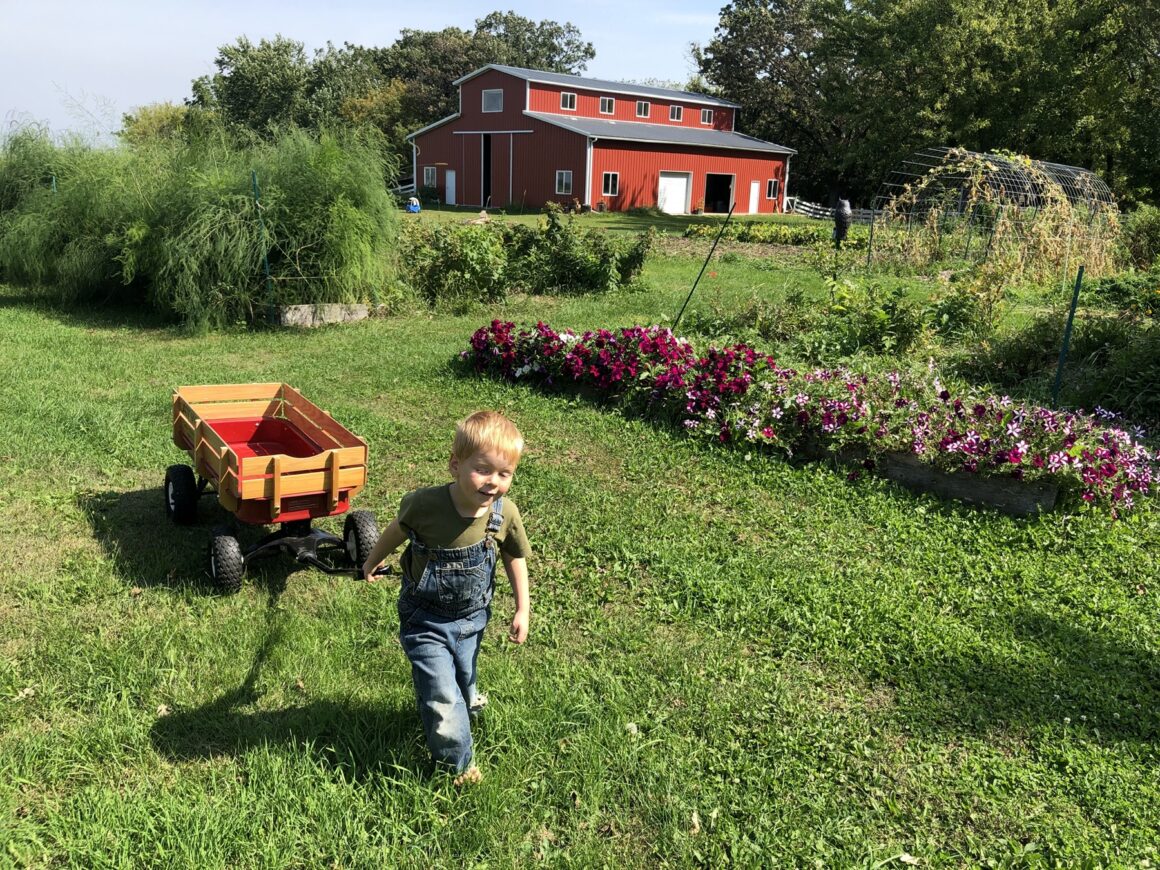
First, grow food. Farming is a floor. No matter how bad things get, you keep a lot of options open if you can still eat. And, by the way, this is how all humans lived up until about 100 years ago. Blacksmiths, pastors, and shopkeeps of yesteryear were all expected to tend their own food plots. There’s really no excuse why everyone can’t grow a garden. Space is not an issue. You can get a community garden plot just about anywhere. If you can’t find one, start one on the unproductive church lawn.
2. Mind Your Own Business
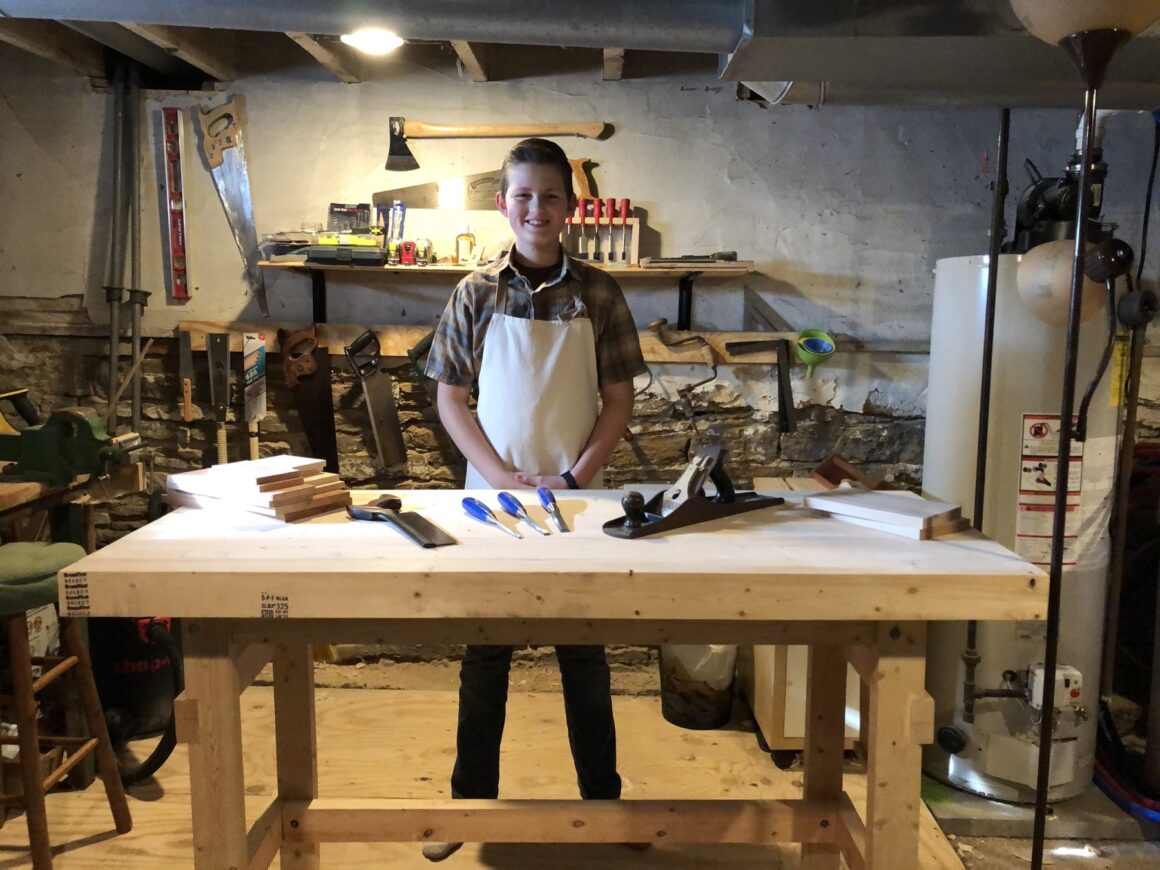
Second, become a proprietor. Crises have a way of seeming far off. But eventually the iceberg meets the ship, and it’s too late then to build a life raft. If you had started a side hustle five years ago, you might have a viable home business by now.
A wage-earning employee is simply a business that has a single client. It’s a very risky proposition in any economy. The vast majority of Americans choose the safety of a big dumb company over the animating contest of starting their own business. Unfortunately, there’s no such thing as job security. You are a proprietor no matter how you slice it. Just start thinking like one.
“We urge you, brothers. . . to make it your ambition to lead a quiet life: You should mind your own business and work with your hands, just as we told you, so that your daily life may win the respect of outsiders and so that you will not be dependent on anybody.” (1 Thess 4:10-12)
3. Store Up But Don’t Stress
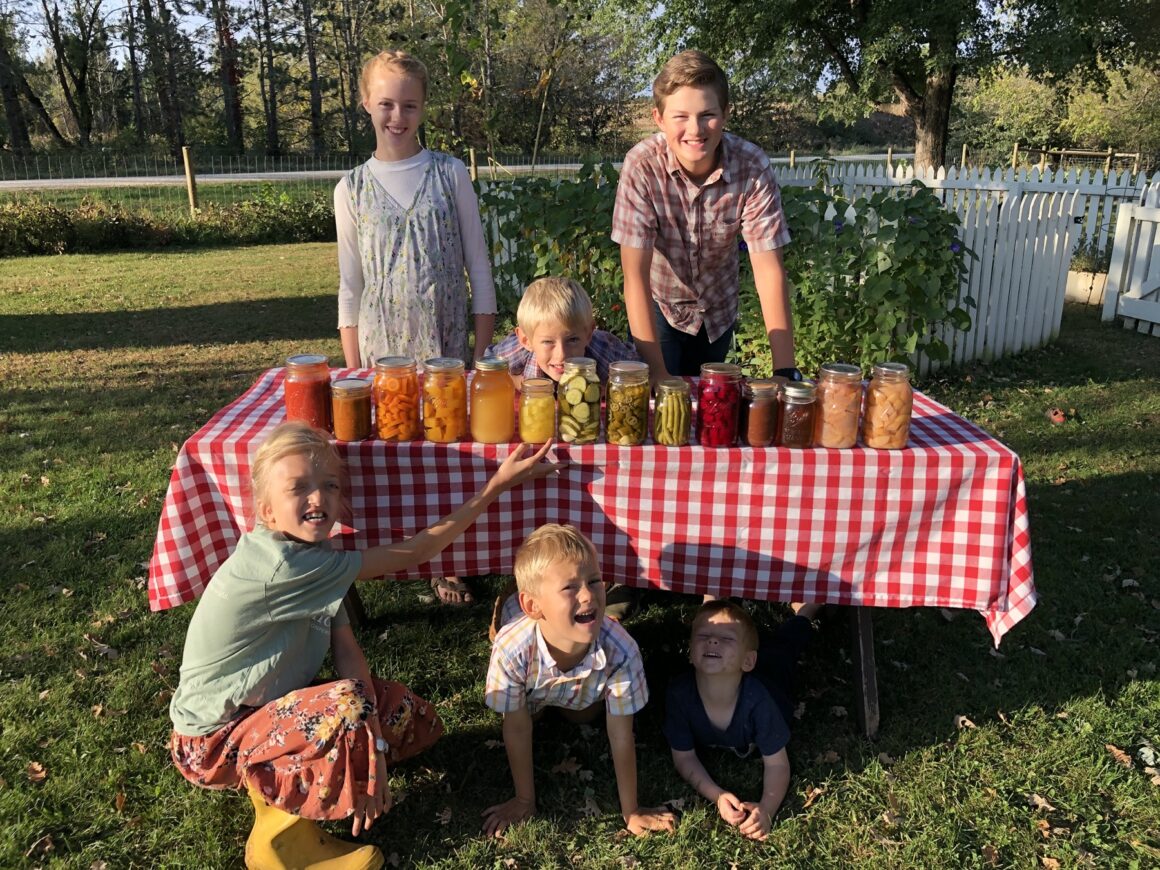
Third, prepping is a way of life. Actually, it’s not prepping. Our ancestors would have called it “harvest.” Storing away, little by little, is a perfectly sane and rational way to go about life. Blindingly trusting in the wisdom of crowds is insanity.
“Go to the ant, thou sluggard; consider her ways, and be wise: Which having no guide, overseer, or ruler, provideth her meat in the summer, and gathereth her food in the harvest.” (Prov 6:6-8)
It doesn’t matter so much if there’s stagflation or civil unrest or an EMP knocks out the power grid. The idea is to be impervious to all of it, because your life is not centered in the ‘global village’. If you’re reading this, you’re on the fringe. Embrace it.
4. Change Can Be a Blessing
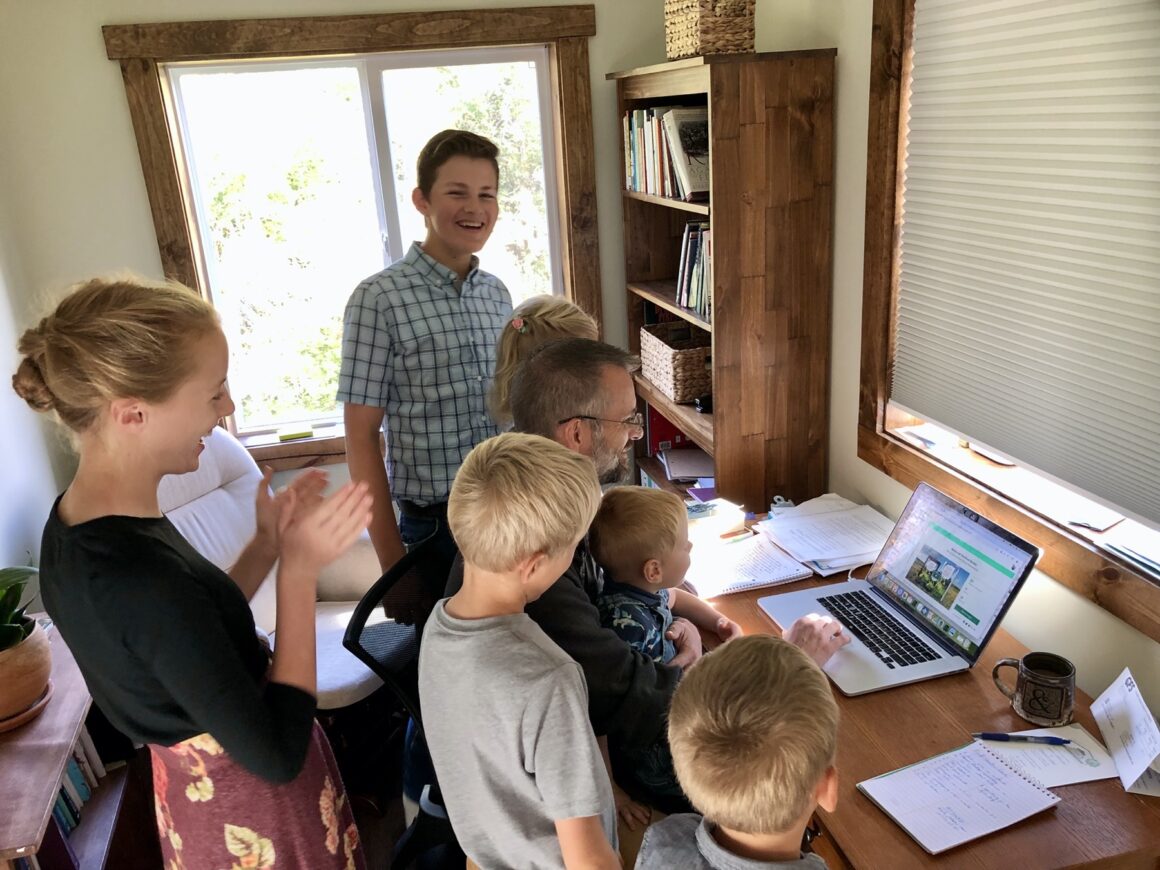
Finally, change can be good. Abraham left his homeland. Joseph was sold into slavery. Job lost everything. But in the end it all worked out, and God was in it. God used persecution to disperse the early Church, which had not yet embraced the commission to “go into all the earth”:
“At that time a great persecution arose against the church which was at Jerusalem; and they were all scattered throughout the regions of Judea and Samaria. . . . Therefore those who were scattered went everywhere preaching the word.” (Acts 8:1-4)
Many of us are in better places today because calamity knocked us out of the orbit of routine. God’s promises are not slack: look for the silver lining in the coming storm. Could this be the opportunity you’ve been praying for?
The picture above is the official launch of our new publishing business. We would have never started in this direction had it not been for the failure of my software business a few years ago. Now we operate a thriving ministry and do meaningful work together. What I thought was evil, God meant for good!
In the final analysis, I see all of these things as measured steps. We can trust that God will provide the increase if we take care to plant and water. But we must plant. Obedience is the only winning strategy. The truly revolutionary result is that our children will learn a new way of living—a sane, sustainable, way of living. Building an ark is not about escaping, it is about preserving.
This article was originally published in the Fall 2025 Grovestead Newsletter.










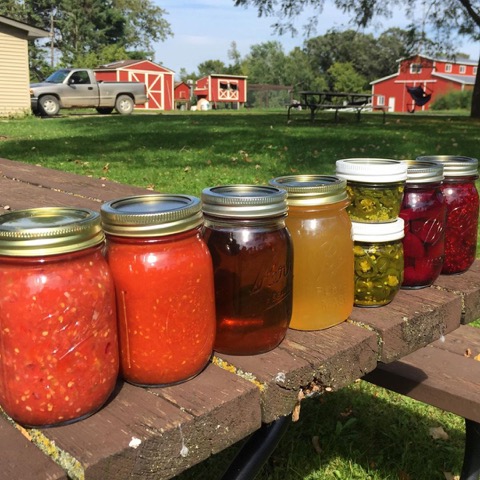



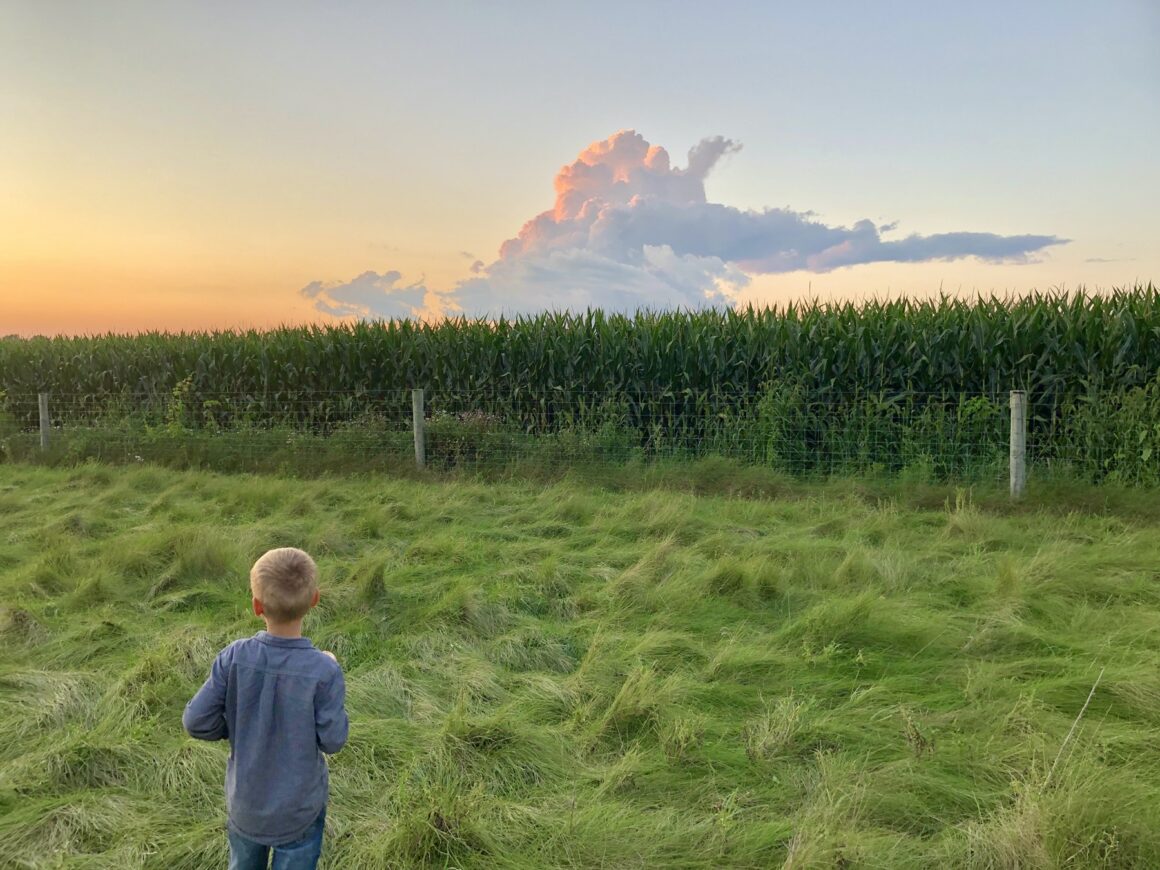
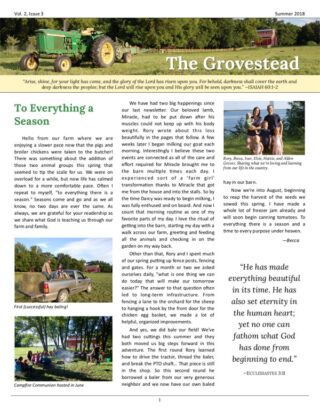

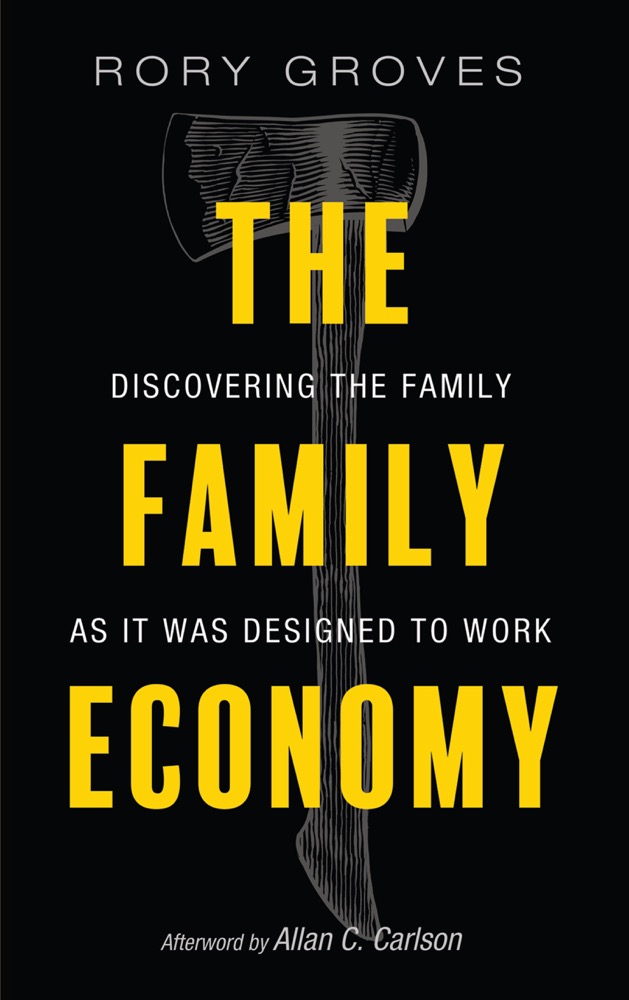
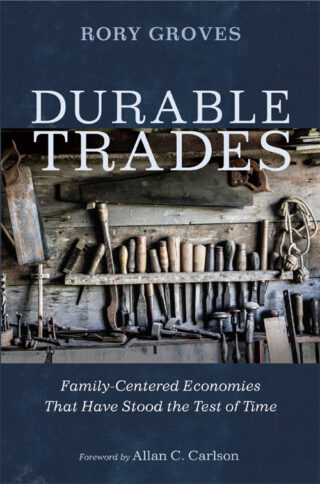


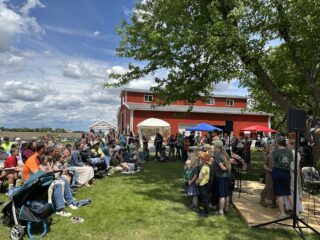
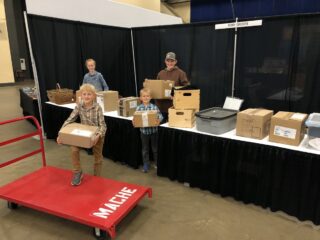
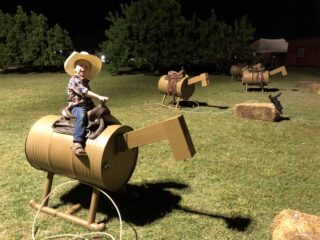


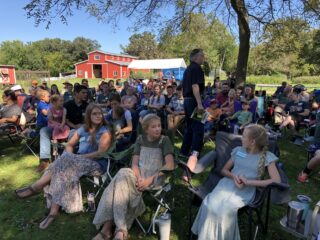
1 comment
Hard truths written here, but necessary things to pray about, think about, and pray more about. Then taking measured steps toward preparing for.